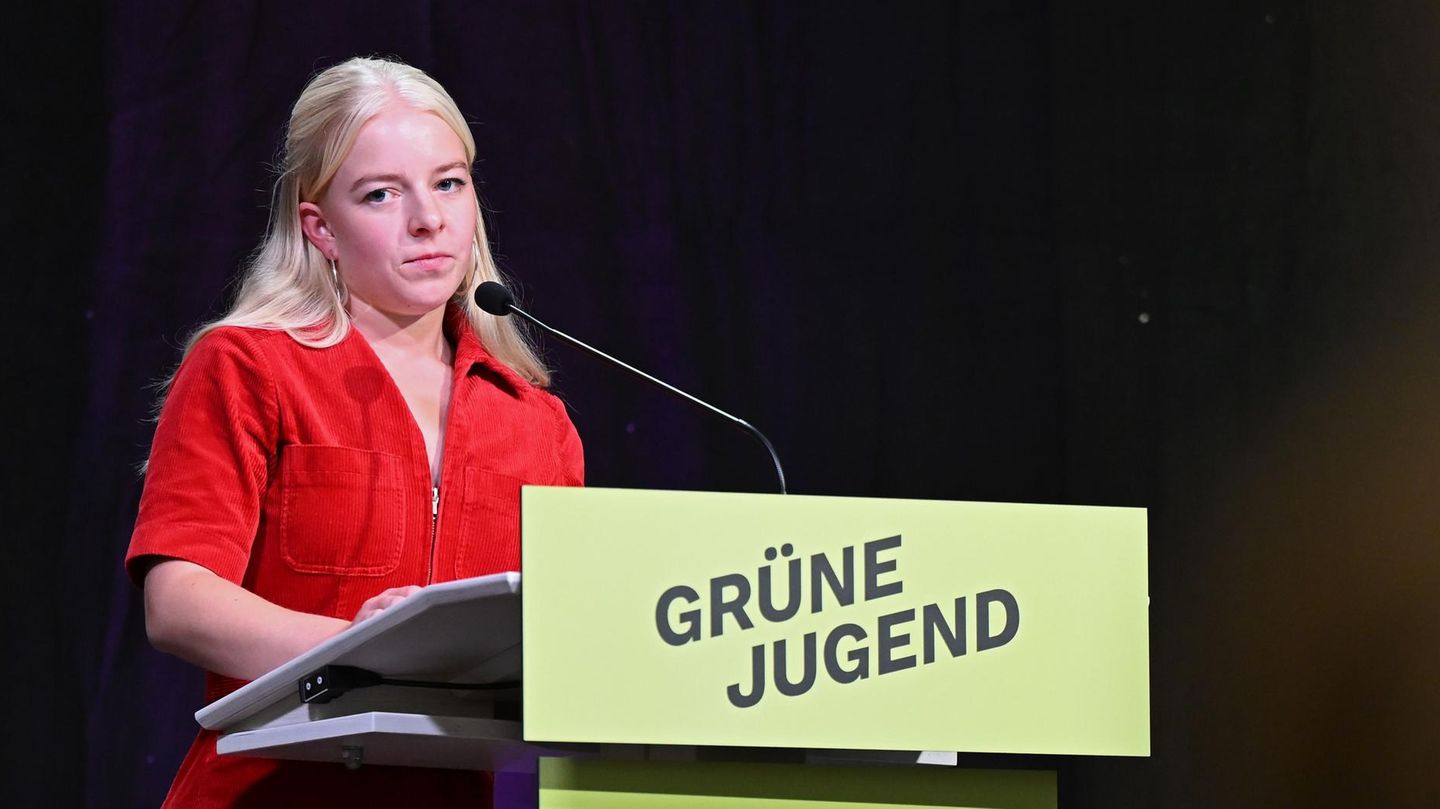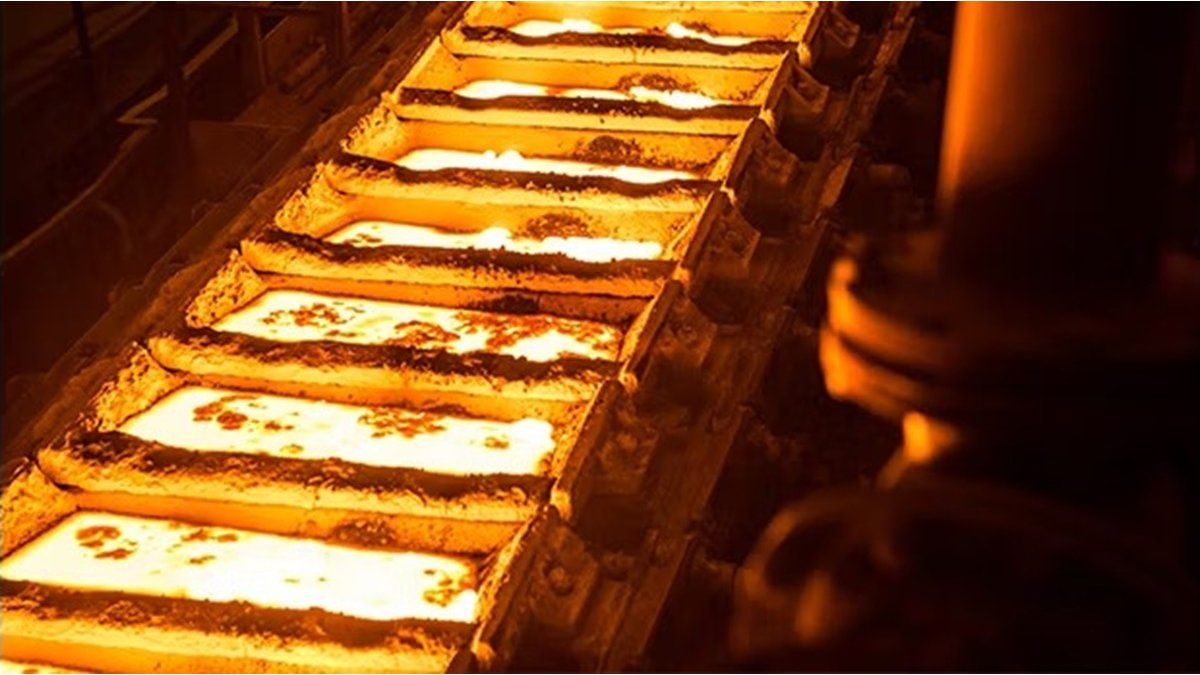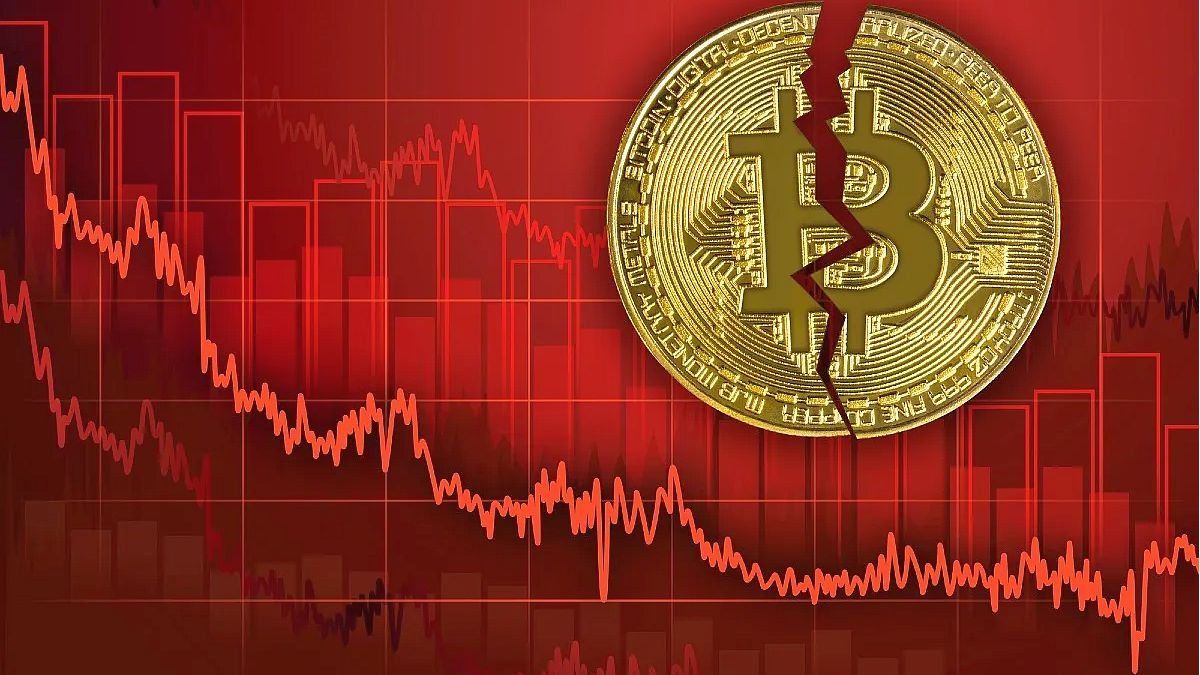German unity is celebrated in Schwerin for three days. At a central celebration in the Mecklenburg State Theater, Chancellor Scholz found words of warning but also words of praise.
Central celebrations in Schwerin: On German Unity Day, Chancellor Olaf Scholz (SPD) described the growing together of East and West as a well-advanced but unfinished process. At the ceremony marking the 34th anniversary of German unity, he warned around 450 invited guests, including Federal President Frank-Walter Steinmeier, not to forget the disruptions that the freedom gained brought with it to the lives of many East Germans.
At the start of the celebrations, regional bishop Kristina Kühnbaum-Schmidt and Archbishop Heiner Koch invited people to an ecumenical service in Schwerin Cathedral. Thousands of people celebrated the day at a community festival on the streets of the state capital.
“I’m not revealing any secret here: German unity is of course not complete in this sense, even after 34 years,” said the Chancellor. However, if you remember the initial situation at the time, “we have still made a lot of progress.”
Scholz: No other country faced a similar challenge
After all, there is no comparable country in the world that has faced a similar challenge in recent decades: “namely the challenge of bringing together two sub-societies that have been divided over four decades and are organized in completely different ways – economically, politically, culturally and mentally.”
Nevertheless, he warned citizens never to forget the negative consequences of reunification for the people in the East. “For millions (…) the upheaval at the time meant liberation and a new beginning. But for millions, the upheaval in the years after unity meant one thing above all: a collapse.” For many, life has collapsed, “a devaluation of their knowledge, their experiences, their life’s achievements.” This has also been part of Germany’s history since 1990. “This must never be forgotten or swept under the carpet.”
Chancellor: Fight against extremists and populists “still a lot of hard work”
It’s not just in East Germany that “we experience state elections in which sometimes up to a third of voters opt for authoritarian and national-radical politics” and for populists who fought liberal democracy, said Scholz. This is disastrous and damaging to the entire country. “It will take a lot of hard work to reverse this trend.”
At the same time, he emphasized that the vast majority of citizens everywhere in Germany stand firmly on the basis of the liberal order. “These are the sensible and the decent ones. These are the ones who don’t just complain, but also get involved for our country.” This center is much larger than the radicals on the edges. It is important to him to say clearly: “We should never forget or downplay what has been achieved in the East since 1990, what has been built here – and how far we have progressed together in Germany as a whole.”
Scholz for further equalization of living conditions in East and West
Scholz spoke out in favor of a further equalization of living conditions in East and West. In addition, more East Germans should sit in the country’s executive suites. The proportion “can be systematically increased everywhere, provided there is good will.” Like the federal administration, other institutions, organizations or sectors should also “assume their responsibility here – out of well-understood self-interest.”
Mecklenburg-Western Pomerania’s Prime Minister Manuela Schwesig (SPD), as President of the Federal Council and thus host of the celebrations, praised the achievements of those who “brought down the dictatorship and the inner-German border with their peaceful revolution.” When hardly anyone in the West believed in changes in the East, people in the GDR demanded freedom and democracy. “Living in a united country in peace, freedom and democracy for 34 years”: “That is anything but self-evident.”
Schwesig: The East needs to be more noticeable
Schwesig praised the fact that successful companies had now emerged in the East and that unemployment had fallen. “As hard as the economic and social change was after unification, we overcame it.” Since unification, Mecklenburg-Western Pomerania and the other East German states have developed enormously. Cities and villages have become more beautiful. Nevertheless, the East must be more visible – in debates and in leadership positions.
The central unity celebration in Schwerin lasts until Friday. All federal states, the Bundestag, the Bundesrat, ministries and many institutions will present themselves with their own pavilions and stands. There is also a diverse cultural offering. In the evening, pop singer Roland Kaiser will perform in front of Schwerin Castle, the landmark of the world heritage city. The motto of the unity celebration is “Set sail as one”. Next year, Saarland – which will then hold the Federal Council Presidency – will host the central unity celebration.
Source: Stern
I have been working in the news industry for over 6 years, first as a reporter and now as an editor. I have covered politics extensively, and my work has appeared in major newspapers and online news outlets around the world. In addition to my writing, I also contribute regularly to 24 Hours World.




